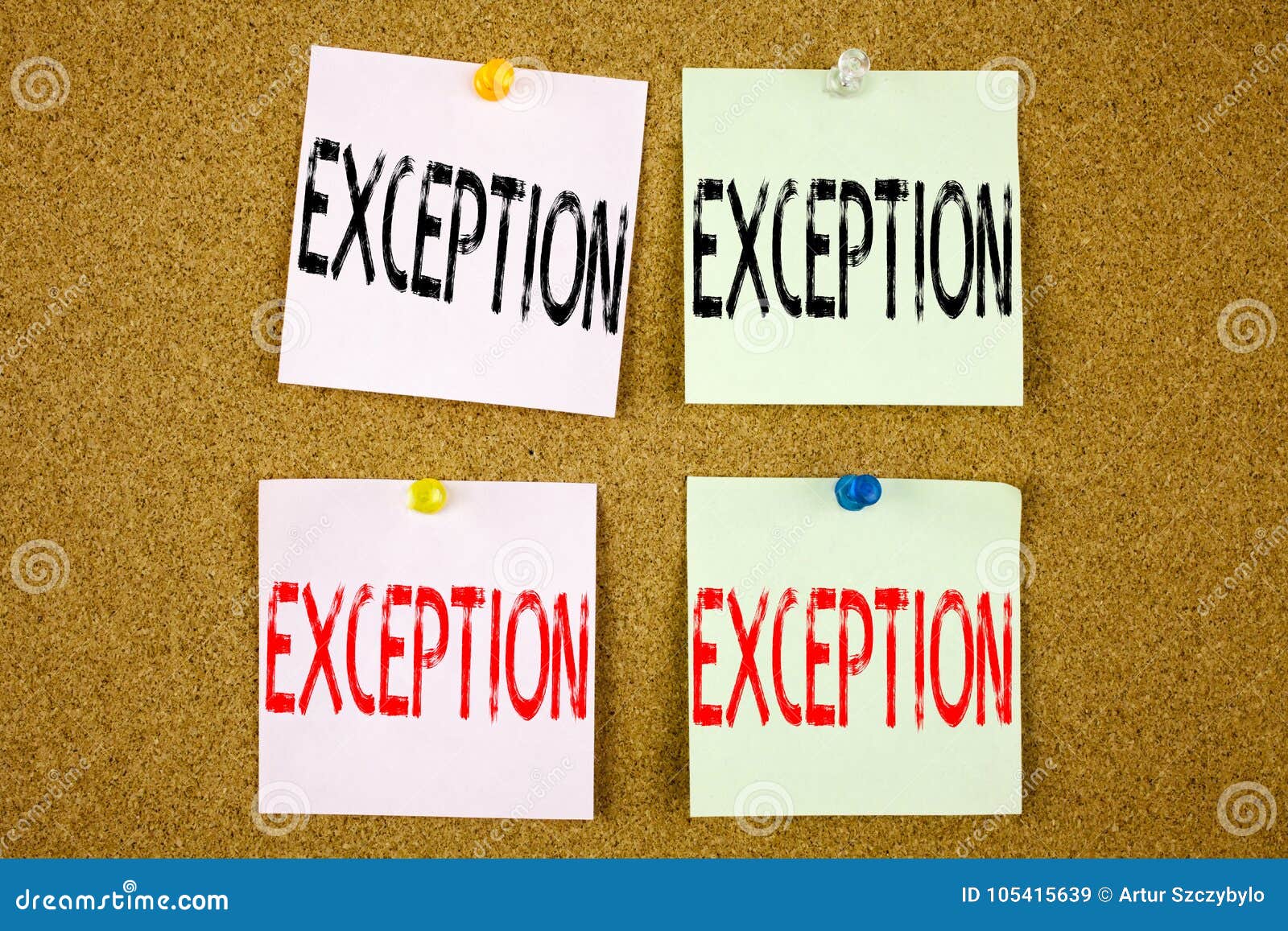That means of take exception units the stage for this in-depth exploration, revealing the nuances of this important idea. Understanding this phrase unlocks a deeper appreciation for its implications in numerous contexts, from authorized proceedings to on a regular basis conversations. It is extra than simply disagreeing; it is about formally objecting or taking subject with one thing.
This exploration delves into the precise circumstances the place “take exception” is used, analyzing its totally different interpretations and highlighting its significance in numerous fields. We’ll break down the phrase, analyzing its etymology and utilization in numerous contexts to supply a complete understanding. The dialogue will cowl every part from formal objections in courtroom to informal expressions of dissent.
Understanding the nuances of language is essential in numerous contexts, from formal authorized proceedings to on a regular basis conversations. One phrase that usually pops up, notably in discussions about disagreement or objection, is “take exception.” This text delves into the exact which means of “take exception,” exploring its numerous purposes and offering clear examples to solidify your comprehension.
Understanding “take exception” typically entails a nuanced perspective. It signifies disagreeing strongly, however the context is essential. For example, contemplate the crossword clue “fencing swords,” which might require a specific understanding of weaponry. In the end, “take exception” implies a strong and principled objection.
Formal Definitions and Core Meanings
At its core, “to take exception” means to specific a proper objection or disagreement. It signifies a robust dissent from an announcement, motion, or opinion. This objection is not an informal disagreement; it implies a selected motive and sometimes a level of ritual.
Distinguishing “Take Exception” from Different Phrases
Whereas associated phrases like “object” or “disagree” might sound interchangeable, “take exception” carries a barely totally different weight. It suggests a extra deliberate and sometimes extra important problem to a selected level. This distinction is essential for understanding the context through which the phrase is used.
Contemplate the distinction: “I disagree together with your evaluation” is a basic assertion. “I take exception to your declare that the info is flawed” is a extra particular and pointed problem, implying a motive behind the objection.
Contextual Purposes
The which means of “take exception” can range based mostly on the context. Let’s discover a number of eventualities:
Authorized Proceedings
In authorized settings, “take exception” typically refers to formally objecting to a choose’s ruling, a witness’s testimony, or proof offered. This formal objection permits for enchantment and ensures the authorized course of stays truthful. [Image: Courtroom scene with lawyers gesturing]
Tutorial Discussions
In tutorial circles, “take exception” is likely to be used to problem a selected argument offered in a paper or lecture. This signifies a important evaluation and a want to have interaction with the argument at a deeper stage. [Image: Academic presentation with a chalkboard full of diagrams]
On a regular basis Conversations, That means of take exception
Whereas much less formal, “take exception” can be utilized in on a regular basis conversations to specific sturdy disapproval. For instance, “I take exception to your remark about my work ethic.” This signifies a major disagreement on a selected level. [Image: People engaged in a lively discussion]
Key Concerns for Utilization: That means Of Take Exception
Understanding the suitable context for utilizing “take exception” is significant. It is a phrase finest reserved for conditions the place a proper or pointed disagreement is warranted.
Understanding the phrase “to take exception” typically entails nuanced interpretations, particularly when utilized to contentious points. This may be additional difficult when contemplating the other ways to specific related ideas in different languages, just like the time period for “conspiracy theorist” in Spanish, a subject essential for world communication. Understanding the Spanish equivalent helps make clear how these phrases are perceived and utilized in totally different contexts.
In the end, deciphering “to take exception” requires cautious consideration of the precise state of affairs and the broader cultural implications.
Specificity and Justification
When taking exception, it is important to be particular in regards to the level of disagreement. Merely stating “I take exception” with no clear justification is ineffective. Clearly articulating the rationale for the objection is vital to a productive dialogue. [Image: Diagram showing the importance of specific justification]
Sustaining Professionalism
In skilled settings, utilizing “take exception” in a respectful {and professional} method is paramount. Keep away from utilizing inflammatory language or private assaults when elevating your objection. [Image: Table summarizing the best practices for professional communication]
Understanding “take exception” means disagreeing strongly with one thing. This idea typically arises in numerous contexts, together with discovering the reply to a crossword clue just like the one for a Pixar movie that includes clownfish, like this one. In the end, taking exception highlights a major level of competition.
Instance Eventualities
Let’s look at a couple of examples to additional make clear the which means:
Instance 1: Authorized Case
“The protection lawyer took exception to the choose’s ruling on the admissibility of the proof, arguing it violated the defendant’s constitutional rights.”
Instance 2: Tutorial Debate
“The coed took exception to the professor’s assertion that the speculation was flawed, citing a number of counter-examples to help their argument.”
Instance 3: On a regular basis Dialog
“I take exception to your assertion that I am not a dependable employee. I’ve constantly met deadlines and exceeded expectations.”
Conclusion
In conclusion, “take exception” signifies a proper objection or disagreement, carrying a level of ritual and particular justification. Understanding its numerous purposes, from authorized proceedings to on a regular basis conversations, permits for simpler and nuanced communication. By being particular and respectful, you should use this phrase successfully to articulate your disagreement.
[See also: Formal Objection Procedures in Legal Cases]

[See also: Effective Communication Strategies in Academic Settings]
[See also: Tips for Constructive Disagreements in Everyday Conversations]
Contemplate sharing your ideas or questions in regards to the which means of “take exception” within the feedback beneath. Should you discovered this text useful, please share it together with your community!
In conclusion, “take exception” signifies a proper or casual objection, relying on the context. It is greater than merely disagreeing; it implies a deliberate problem or opposition. By understanding the nuances of this phrase, you will be higher outfitted to navigate conversations and conditions requiring a exact expression of dissent. The exploration of this phrase highlights the refined but highly effective methods language can convey which means.
FAQs
What is the distinction between “taking exception” and easily disagreeing?
“Taking exception” implies a extra formal or pointed disagreement, typically with a selected motive or justification. Easy disagreement would not essentially contain a proper objection.
Can “taking exception” be utilized in informal conversations?
Understanding “take exception” entails recognizing some extent of disagreement. This typically results in a nuanced dialogue, however when it comes to a fast definition, it means to object to one thing. Trying on the broader context of language, one may contemplate phrases like “initially” or “insisting,” and even discover the fascinating idea of 6 letter i words to deepen the vocabulary exploration.
In the end, “take exception” highlights a stance of opposition, a key part in lots of types of communication.
Whereas typically related to formal settings, “taking exception” can generally be utilized in informal dialog, though it normally implies a stronger disagreement than a easy “I do not agree.” The context will decide the appropriateness.
Understanding “take exception” typically entails recognizing a disagreement or a proper protest. This may be contrasted with the extra colloquial “stroll of disgrace,” a time period referring to a public, typically embarrassing, show of an individual’s actions. This concept of a public display helps make clear how “take exception” can manifest in formal settings, highlighting the seriousness of the disagreement.
In the end, “take exception” signifies a proper objection or dissent.

How does the context affect the which means of “take exception”?
The precise context—whether or not authorized, tutorial, or social—considerably impacts the which means of “take exception.” A proper objection in courtroom carries a distinct weight than an informal expression of disagreement in a pleasant debate.
